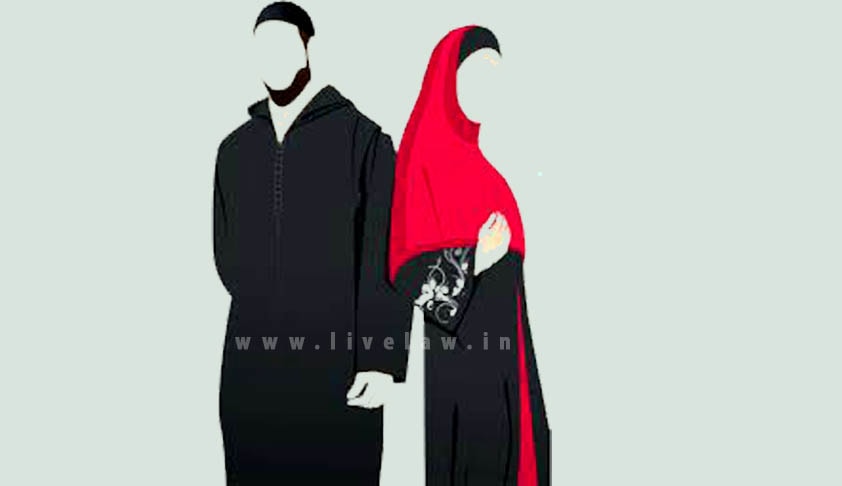Triple Talaq Is Patriarchal Notion That Impedes Social Democracy: Centre To SC
Prabhati Nayak Mishra
10 April 2017 10:24 PM IST

Next Story
10 April 2017 10:24 PM IST
Opposing vehemently the Muslim Personal Law Board’s support to practice of triple talaq, the Centre told the Supreme Court that this practice of divorce denies equal status and dignity to Muslim women, which is available under the Indian Constitution.Gender equality is a Constitutional goal, and gender equality and the dignity of women are non-negotiable, it said.Filing a 23-page...
